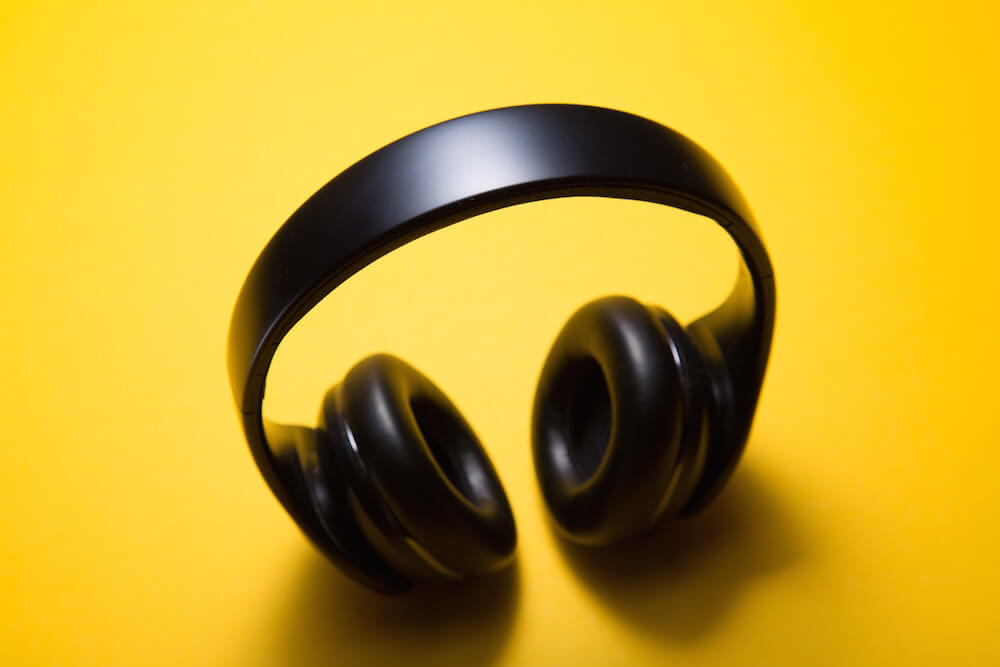In our tech-driven world, Bluetooth headphones have become ubiquitous. The convenience they offer is undeniable, but concerns have arisen about their potential health impact, specifically regarding cancer. In this article, we will delve into the question: Does using Bluetooth headphones cause cancer? We’ll explore the facts and science behind this topic, addressing your concerns.
Bluetooth Headphones: A Modern Essential
Bluetooth headphones have revolutionized how we consume audio. They free us from tangled wires and offer unparalleled portability, making them an integral part of our lives. However, like with any technology, it’s essential to consider the potential health implications.
The Science of Bluetooth Technology
To understand the connection between Bluetooth headphones, cause cancer, we need to delve into the scientific aspects involved:
Bluetooth Radiation:
Bluetooth technology relies on radio waves to establish connections between devices. These radio waves fall under the category of non-ionizing radiation. This type of radiation differs from ionizing radiation, which has enough energy to damage DNA and potentially lead to cancer. Non-ionizing radiation, like that from Bluetooth devices, is generally considered safe and does not possess the energy levels required to break chemical bonds in DNA.
Scientific Research:
Numerous studies have investigated the health effects of non-ionizing radiation from Bluetooth devices, among other sources. The consensus among experts in the field is that the levels of exposure to radiation from Bluetooth headphones are significantly below the thresholds at which adverse health effects, including cancer, have been observed. However, ongoing research is essential to stay updated on this topic.
Regulatory Standards:
Bluetooth technology is subject to strict regulatory standards to ensure user safety. Regulatory bodies, such as the Federal Communications Commission (FCC), establish guidelines to limit exposure to non-ionizing radiation. Manufacturers are required to comply with these standards to minimize potential risks.
Frequently Asked Questions
Q1: Can using Bluetooth headphones cause cancer?
The consensus among experts is that the low levels of non-ionizing radiation emitted by Bluetooth headphones do not pose a significant cancer risk.
Q2: Are there any potential health risks associated with Bluetooth headphones?
While cancer risk is considered low, prolonged Bluetooth headphone cancer risk use may lead to other issues, such as hearing problems or discomfort.
Q3: What are some measures to minimize potential risks when using Bluetooth headphones?
To reduce potential risks, it’s advisable to limit the duration of headphone use and maintain safe listening volumes. Following manufacturer guidelines and recommendations is also important.
Q4: Is there ongoing research on the health effects of Bluetooth technology?
Yes, research on this topic continues, and it’s essential to stay informed about the latest findings and updates.
The Bluetooth Headphone Market: A Brief Overview
Let’s delve into the market and understand the widespread use of Bluetooth headphones and why they are so popular.
How Bluetooth Headphones Work
To grasp the science behind Bluetooth headphones cause cancer and potential health concerns, it’s crucial to understand how these devices function.
Ensuring Safe Usage of Bluetooth Headphones
While the health risk of cancer is low, it’s essential to know how to use Bluetooth headphones safely and reduce potential risks.
Concluding Thoughts:
In conclusion, whether Bluetooth headphones cause cancer has been the subject of scientific investigation. The consensus among experts suggests that the non-ionizing radiation emitted by Bluetooth devices, including headphones, is unlikely to pose a significant cancer risk. Regulatory standards and guidelines are in place to ensure the safety of these devices.


